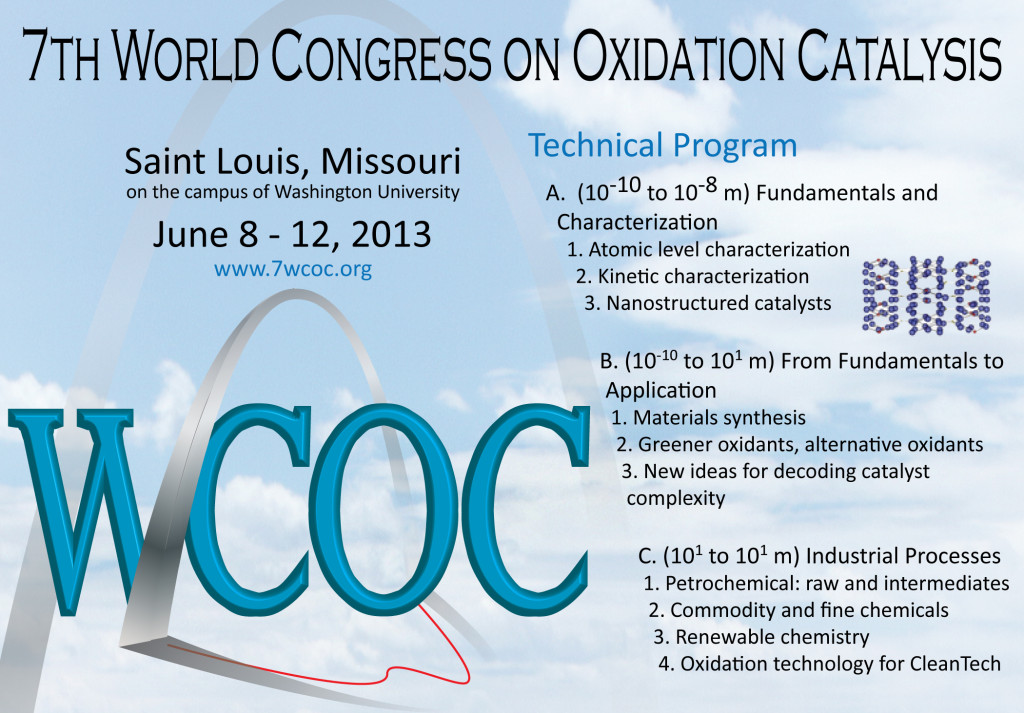The Catalysis Club of Philadelphia is pleased to announce Dr. Daniel Resasco as the recipient of the 2013 Catalysis Club of Philadelphia Award, in recognition of his many contributions related to supported metal and solid acid catalysis, hydrocarbon conversion, nanotube synthesis, and biomass-derived compound upgrading.
Prof. Resasco obtained his PhD in chemical engineering from Yale University in 1983 under the direction of Gary Haller. While at Yale, he co-authored a seminal work explaining strong metal-support interactions on Rh/TiO2 catalysts that subsequently became a Current Contents Citation Classic. After graduation from Yale, he joined the chemical engineering department of the National University of Mar del Plata, Argentina, eventually serving as department chair. In 1991 he returned to the US as Senior Scientist at the Sun Company, and in 1993 he joined the School of Chemical, Biological and Materials Engineering at the University of Oklahoma where he is now the George Lynn Cross Research Professor and Douglas & Hilda Bourne Chair of Chemical Engineering.
Prof. Resasco’s research in heterogeneous catalysis has always aimed at important applications, but has been strongly grounded in fundamentals of structure-property relationships and characterization of catalysts and mechanisms. Initially, his research program examined strong solid acid catalysis and supported metal catalysis for hydrocarbon processing. In the late 90s, Resasco’s group began investigation of heterogeneous catalytic synthesis of single-wall carbon nanotubes, discovering that careful control of the catalyst nanostructure enabled unprecedented chiral selectivity in the nanotubes.
Their work led to the patented CoMoCat process, capable of scaleup to industrial production, and a spinoff company, SouthWest NanoTechnologies. More recently, Resasco’s work on upgrading of biomass-derived compounds led to the development of Janus nanoparticle catalysts which simultaneously stabilize high interfacial area emulsions and carry out upgrading reactions in both the aqueous and organic phases. This work was initially reported in Science in January, 2010.
Prof. Resasco has authored well over 200 archival journal articles which have been cited over 8,000 times, 32 industrial patents, and over 120 invited lectures. From 2001 – 2007 Resasco also served as associate editor of the Journal of Catalysis.
Prof. Resasco will be honored with a plaque an honorarium ($1000) during his award presentation at the Catalysis Club of Philadelphia’s monthly meetings in the upcoming 2013–2014 season.




